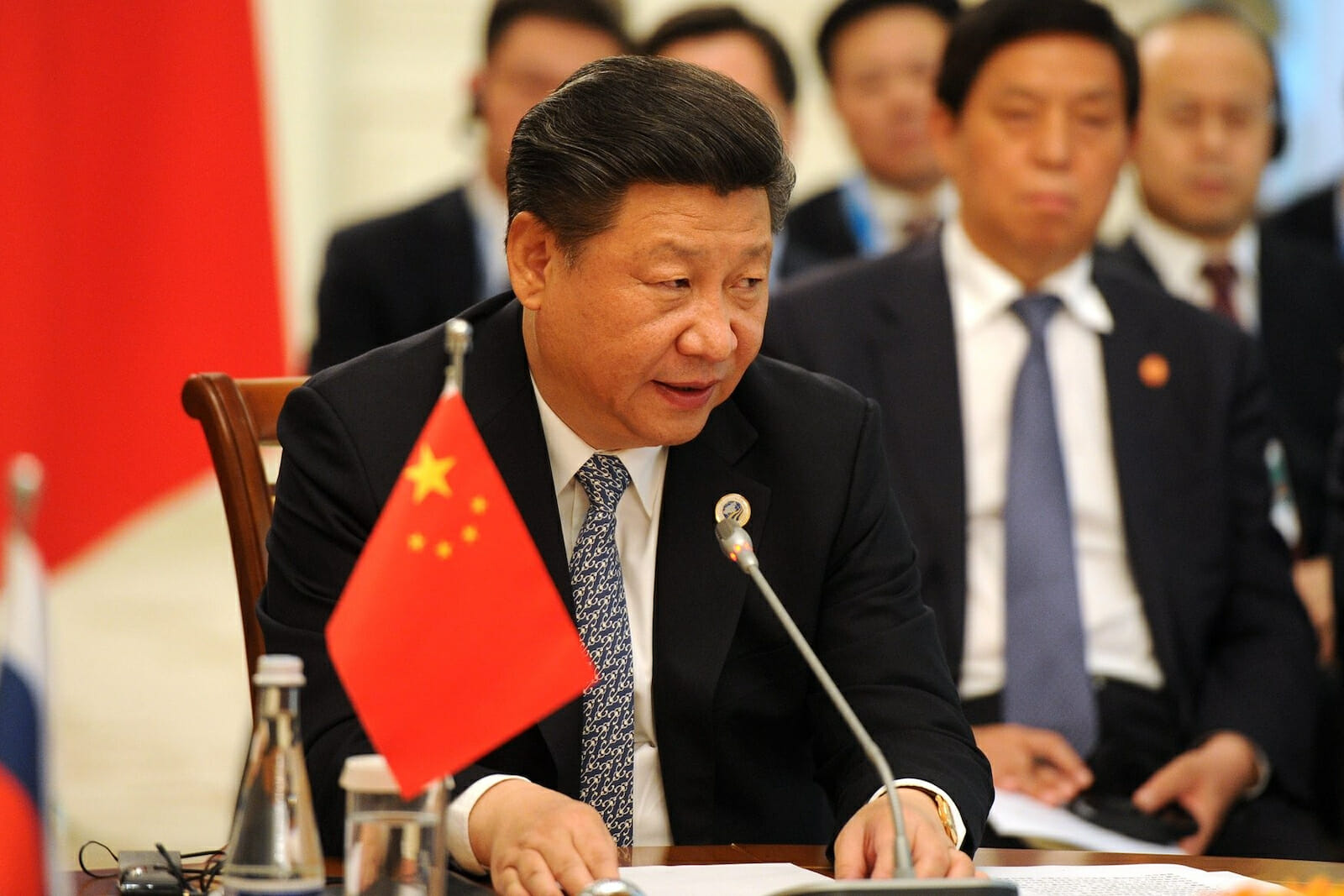
Beyond Rhetoric: China and its Responsibility as a Stakeholder in the Syrian War
“A positive and constructive role.” These are the words used by Chinese Foreign Minister Wang Yi to describe the posture China was willing to take on the eve of a United Nations (UN) resolution vote to stop further use of chemical weapons in Syria. The Security Council (UNSC) eventually unanimously voted in favor of the resolution on September 27, 2013, a positive outcome in sharp contrast to the stalemate of the Council since the outbreak of unrest in Syria in 2011. Although the stalemate is mostly blamed on Russia for its ties to the al-Assad regime, China has also undermined collective action against Syria over the past two years. In fact, China’s position in the discussions on the Syrian civil war at the UNSC demonstrates how, beyond its rhetoric, Chinese diplomacy fails to fulfill the role as a ‘responsible stakeholder’ in international affairs.
‘Responsibility’ has been a keyword in the handbook of Chinese diplomacy in recent years as China has asserted its role in international politics and multilateral organizations. The country seeks, after decades of economic development, to establish its political might in the international arena by being “a responsible stakeholder in international affairs.”
Indeed, China has deepened its participation in many UN programs, its involvement in peacekeeping operations is often cited, and has grown fond of engaging in multilateral organizations as a useful diplomatic tool. Furthermore, being a permanent member of the UNSC does not mean China must turn its back on national interests when dealing with international issues. After all, Western powers are frequently motivated by national interests and have sometimes failed to prevent deadly civil wars.
However, when looking at the Syria case and the stance China has taken since the outbreak of conflict, one could say that there was a more pragmatic path in the political spectrum between the interventionism China despises and the non-constructive vetoes it cast.
As the conflict in Syria worsened and as some in the international community wanted to condemn Bashar al-Assad’s regime, it became clear that Russia and China would turn down any resolution blaming the Syrian government. Indeed, China cast three vetoes against resolutions put forward at the UNSC in the span of two years, in contrast to their only casting five vetoes between 1971 and 2008. The second resolution drafted in early 2012 and vetoed by China on February 4, 2012, was relatively moderate and was supported by a wide range of countries, including Arab states.
The resolution called, after the deadly attack on Homs, for the end of violence and human rights violations, underlining the Syrian government’s responsibility but also condemning violence from “all parties in Syria.” Moreover, it reaffirmed the “commitment to the sovereignty, independence, unity and territorial integrity of Syria.” “Noting that nothing in this resolution authorizes measures under Article 42 of the Charter [coercive measures].” And finally, it fully backed the plan put forward by the Arab League.
The joint Sino-Russian veto brought this diplomatic effort to a stalemate, with both countries arguing that rebels weren’t blamed enough for the situation and, as the Chinese Permanent Representative to the UN Li Baodong put it, the resolution “might further complicate the situation.”
The justification for these votes rests on several tenets or historical postures of Chinese diplomacy. First, China’s view that international politics should be characterized by strict respect for sovereignty and domestic affairs predetermines and, therefore, constrains its case-to-case perceptions. Second, the tacit tuning between Russia and China on their respective interests in pariah states is a strong incentive for China to cast a veto when Russia does, as elaborated by Joel Wuthnow. And finally, asserting its place on the international scene also means constraining the United States’ strategy and interests: Evan S. Medeiros explains, for example, that constraining the US position within the UNSC minimizes the Americans’ ability to impose its approaches to international problems.
China as a responsible stakeholder is not just wishful thinking. The country is already contributing in many realms as a “positive and constructive” actor. However, the Syrian case is an unfortunate reminder that, sometimes, its actions do not match its rhetoric and are predetermined by its views of the world order. The first UNSC resolutions presented terms that could have been accepted, especially given the resulting escalation of the conflict that followed, pushing Western powers to the brink of military action. But this would have meant breaking the aforementioned understanding with Russia.
There is no question that China can adopt whatever discourse and strategy it wants, just as Western powers have shown before in doing away with international rules when intervening abroad. But if the country’s wish for a democratic international stage is not an empty vow, it should behave like a responsible actor and demonstrate flexibility when common ground can be found.

